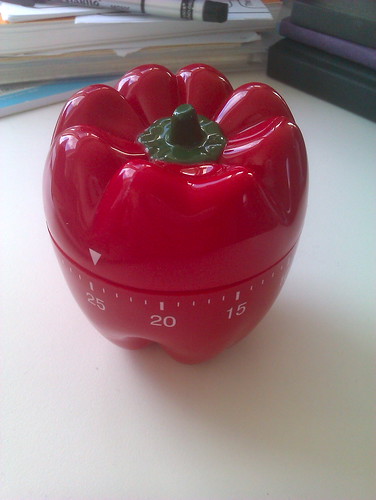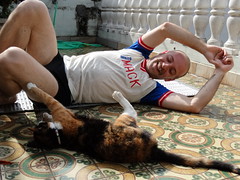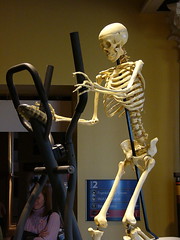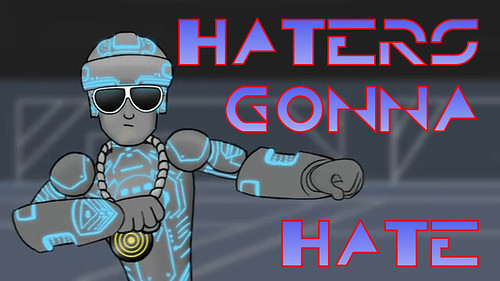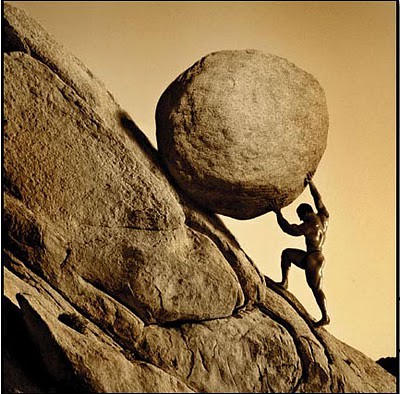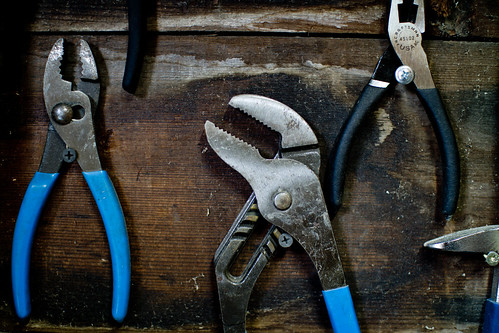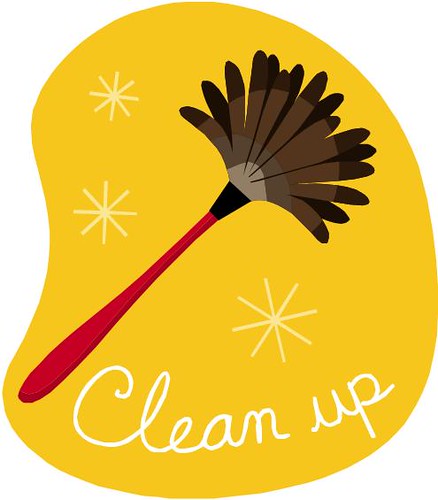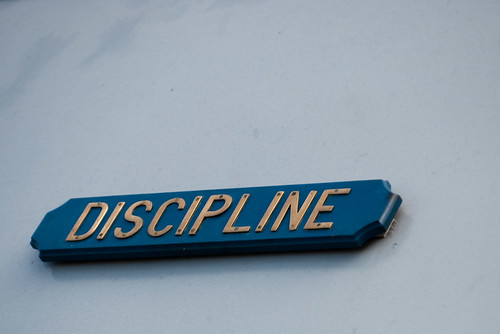
We all think that we are full of amazing ideas, and then we try to share them we are often met with a lot more resistance than anticipated. If you tie your own identity in with your idea, this resistance will feel like a personal attack. If one feels personally attacked, they will be much less likely to suggest any further ideas no matter how good they are.
There are two ways this can be rectified. One, get everyone who you share ideas with to put on the kid gloves and soft talk you. Two, separate yourself from your ideas. In reality, you can't control anyone else so there really is only one option. You have control over how you view things so you'll need to fix your own mindset. You can also set an example of not being an extremely harsh critic of the ideas of others and hope that others pick up on that. Still, you are only in control of yourself.
"Separate yourself from your ideas and your work and see them as something separate from yourself, you’ll feel you truly have the right to be wrong. If an idea fails, why not let it be the idea’s fault instead of your own? Allow your ideas to fail without turning them into personal defeat. When you fail you discover your boundaries. You map out the edges of your capabilities. And this allows you to eventually move beyond them. Being wrong eventually leads to being right. And even where it doesn’t, it’s still a more interesting path than being nothing."
-Steve Pavlina
If you tie your sense of self to your ideas you will grow attached to these "brain babies" and we nurture our little brain babies and give them names and help them grow. Then we introduce our brain babies to the world and people tell you that it's a stupid name and that it's ugly and smells bad. If you're overly attached, you will take that criticism very personally.
If you separate yourself from your idea, you can let the idea be open to improvement. You can also use it as a learning opportunity. Most likely the criticism is based on knowledge that you were unaware of. These unknowns are exactly what you need to actually reach the goal you desire to achieve. Use this discussion as a way of learning the things that don't work. Treat your ideas like Edison's attempts at the light bulb.
"I have not failed. I've just found 10,000 ways that won't work."
-Thomas Edison
There are of course people that are just plain negative and resistant to change or even people who don't think that any idea they didn't come up with is useful. That is a whole different post, but most people are not in those categories so just keep on going and don't bind your sense of self to your ideas to closely.
Here's the thing, it's an idea, not a reflection of your worth. If you had a good idea, you are not a good person and if you had a bad idea you are not a bad person.
Here's a good article on a similar note from Forbes.com







